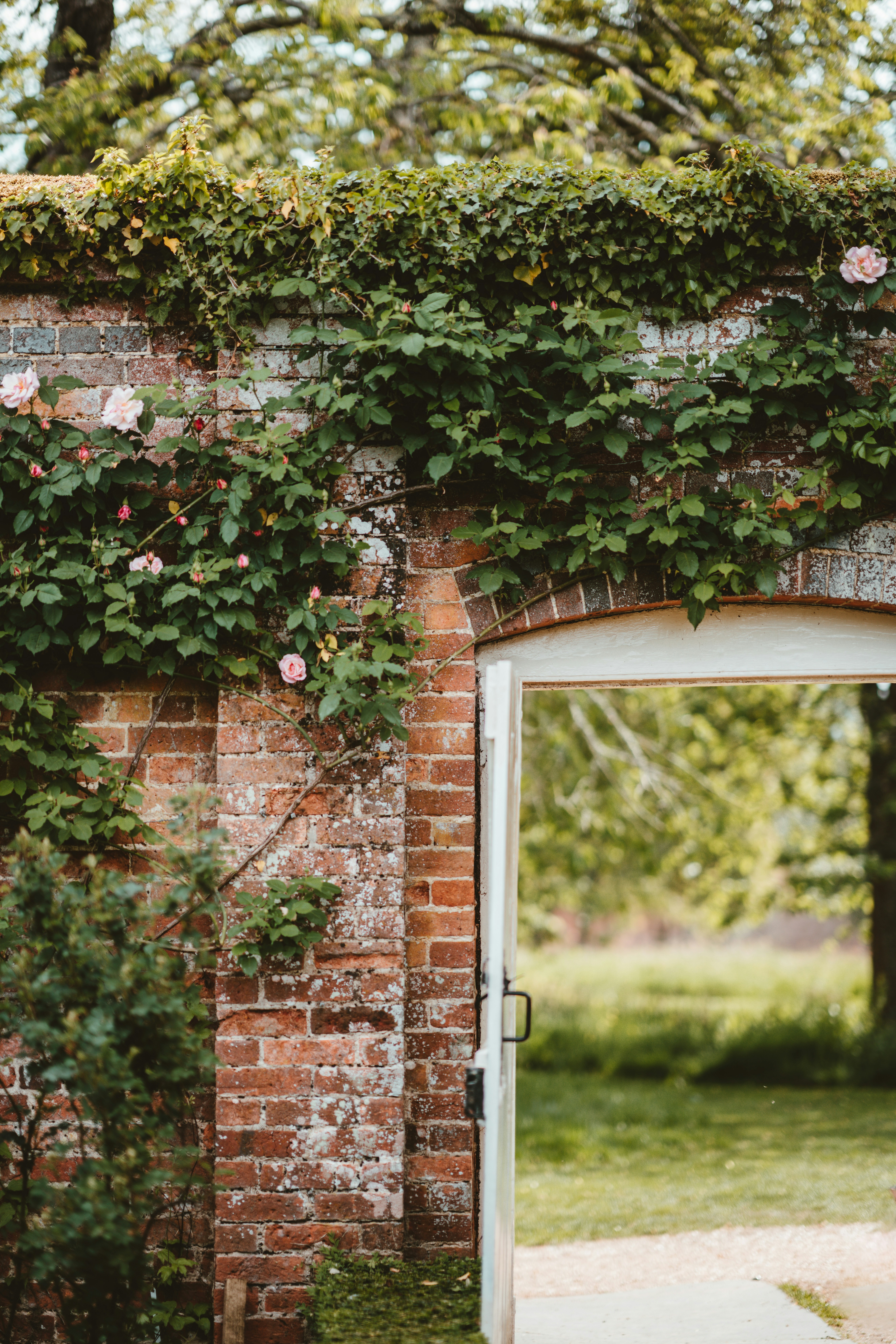The Tranquil Revolution of Indoor Gardens
Published on November 2, 2024
The Tranquil Revolution of Indoor Gardens
In our fast-paced digital world, where screens dominate our attention and stress seems to lurk around every corner, an unexpected ally in mental well-being has emerged: the humble indoor garden. These pockets of green are not just aesthetically pleasing; they're proving to be powerful tools for improving mental health, particularly for teenagers and young adults navigating the complexities of modern life.

Nature's Stress Busters
Research has shown that simply being in the presence of plants can lower stress levels and improve mood. For teens struggling with academic pressure or social anxiety, tending to a small indoor garden can provide a calming ritual and a sense of accomplishment. The act of nurturing something living, watching it grow and thrive under your care, can be incredibly empowering and confidence-boosting.
Green Attention Restoration
In an era where attention spans are constantly tested by notifications and digital distractions, indoor plants offer a form of "attention restoration." Gazing at greenery, even for just a few minutes, can help refresh our minds and improve focus. For students dealing with long study sessions or adults facing demanding work schedules, a desk plant can be more than decoration—it can be a cognitive refresher.
Air Quality and Sleep
Many indoor plants, such as snake plants and peace lilies, are natural air purifiers. They remove toxins from the air, improving overall air quality. Better air quality can lead to improved sleep, which is crucial for mental health, especially for developing teenagers who need quality rest to support their growth and academic performance.
A Gateway to Mindfulness
Caring for plants can be a form of mindfulness practice. The simple acts of watering, pruning, or even just observing your plants can ground you in the present moment, offering a break from worries about the future or regrets about the past. This mindfulness can be particularly beneficial for those dealing with anxiety or depression.
Building Connections
Indoor gardening can also be a social activity. Families can bond over caring for plants together, sharing responsibilities and celebrating growth milestones. For teens, it can be a unique way to connect with parents or siblings, creating shared experiences and topics of conversation that don't revolve around school or chores.

Starting Your Indoor Garden
Beginning your indoor garden doesn't require a green thumb or a large space. Here are some easy steps to get started:
- Choose low-maintenance plants like succulents, pothos, or spider plants.
- Find the right spot with appropriate light for your chosen plants.
- Invest in good quality potting soil and pots with drainage holes.
- Set a watering schedule, but be careful not to overwater.
- Observe your plants regularly for signs of growth or any issues.
As you nurture your indoor garden, you might find that you're nurturing your mental health as well. The gentle presence of growing things can bring a sense of calm and connection to nature, even in the midst of urban life or academic stress.
In our quest for better mental health and stronger family connections, sometimes the simplest solutions can be the most effective. So why not bring a little green into your life? Your mind—and your family—might just thank you for it.
For more tips on improving family communication and mental well-being, check out Thinker, the AI-powered tool designed to help families navigate relationships and foster positive interactions.


